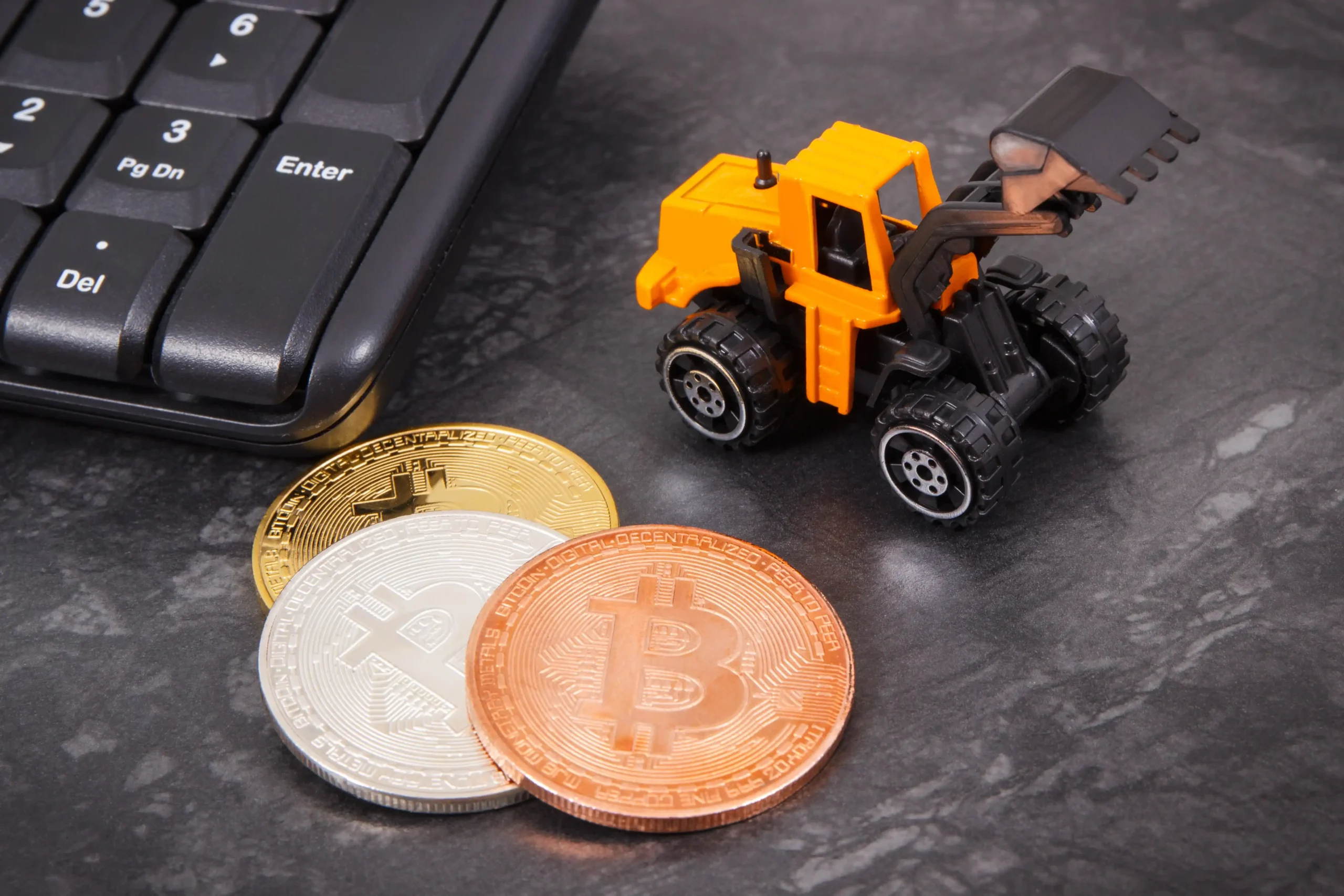Bitcoin, the world’s first and most popular cryptocurrency, relies on a complex process known as mining to function. Bitcoin mining is the process of verifying and adding transactions to the Bitcoin blockchain, a public ledger that records all Bitcoin transactions. This process is essential for maintaining the security and integrity of the Bitcoin network.
How Bitcoin Mining Works
To understand Bitcoin mining, it’s crucial to grasp a few key concepts:
- Blockchain: A blockchain is a digital ledger that records transactions across many computers. In the case of Bitcoin, the blockchain is a decentralized and public record of all Bitcoin transactions.
- Miners: Miners are individuals or organizations that use specialized hardware to solve complex mathematical problems. By solving these problems, miners verify and add new blocks of transactions to the blockchain.
- Proof of Work (PoW): Bitcoin uses a consensus mechanism called Proof of Work (PoW). This mechanism requires miners to expend computational power to solve complex mathematical puzzles. The first miner to solve a puzzle is rewarded with newly minted Bitcoin.
The Mining Process
- Transaction Verification: Miners receive a block of pending transactions.
- Mathematical Puzzle Solving: Miners use powerful computers to solve a complex mathematical puzzle.
- Block Addition: Once a miner solves the puzzle, they add the block of verified transactions to the blockchain.
- Reward: The successful miner is rewarded with newly minted Bitcoin.
The Role of Miners
Miners play a crucial role in the Bitcoin network by:
- Securing the Network: Miners add computational power to the network, making it more difficult for malicious actors to attack.
- Verifying Transactions: Miners verify the authenticity of each transaction, ensuring that no fraudulent activity occurs.
- Maintaining the Blockchain: Miners add new blocks to the blockchain, ensuring its growth and integrity.
The Energy Consumption Debate
One of the most significant criticisms of Bitcoin mining is its high energy consumption. The process requires massive amounts of electricity to power the specialized hardware used by miners. This energy consumption has raised concerns about its environmental impact.
However, it’s important to note that the Bitcoin network is constantly evolving. There are ongoing discussions and developments aimed at reducing energy consumption, such as transitioning to more energy-efficient mining techniques or exploring alternative consensus mechanisms.
The Future of Bitcoin Mining
The future of Bitcoin mining is uncertain, but there are several trends to watch:
- Increased Competition: As more individuals and organizations join the mining industry, competition will intensify.
- Technological Advancements: Advances in hardware and software could make mining more efficient and less energy-intensive.
- Regulatory Landscape: Governments around the world are increasingly regulating cryptocurrency activities, which could impact mining operations.
- Alternative Consensus Mechanisms: While PoW is currently the dominant consensus mechanism for Bitcoin, there are alternative mechanisms, such as Proof of Stake (PoS), that could potentially reduce energy consumption.
Conclusion
Bitcoin mining is a complex and essential process that underpins the security and integrity of the Bitcoin network. While it has faced criticism for its high energy consumption, ongoing technological advancements and potential shifts in consensus mechanisms could shape the future of this industry. As the cryptocurrency market continues to evolve, it’s crucial to stay informed about the latest developments in Bitcoin mining
Simmi
Harsimran Kaur has been working in digital marketing for 11 years. She's known for her creative ideas and understanding of what people like online. She's helped many businesses, from small startups to big companies, with their digital marketing. Harsimran loves to learn about new things in digital marketing and shares her knowledge with others.
